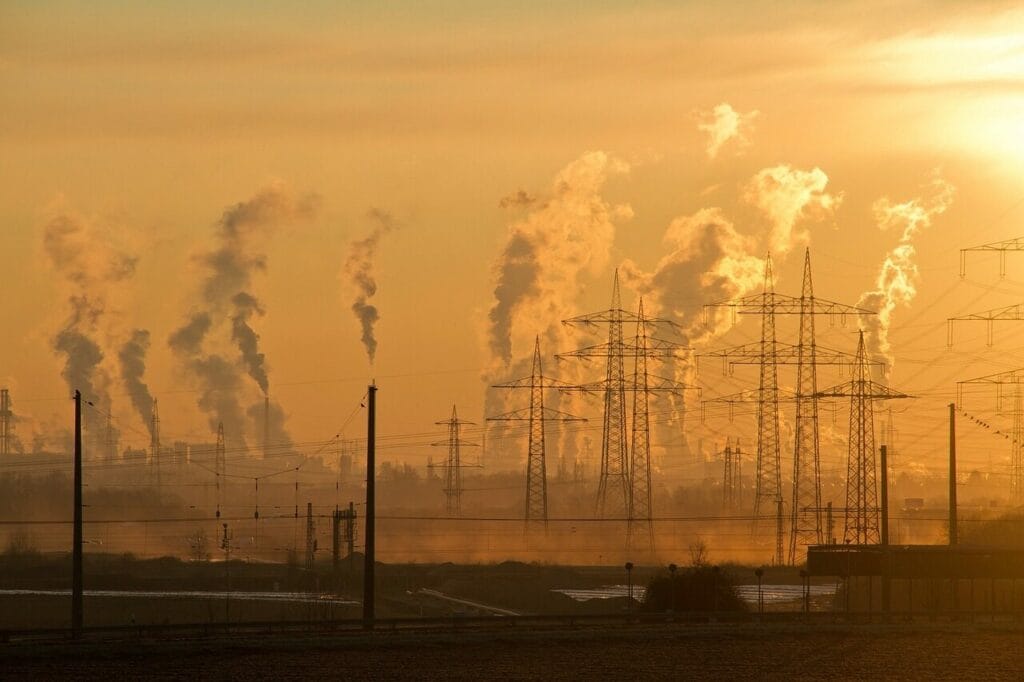Trans Mountain, the major pipeline expansion project in British Columbia, is facing substantial regulatory fines totaling $292,000 for environmental issues that arose in January 2024 due to heavy rainfall. The Canada Energy Regulator disclosed four penalties on October 3, highlighting concerns such as watercourse crossings, delayed response times, damaged wildlife fencing, and a small landslide along the pipeline route in the B.C. Fraser Valley.
Watercourse crossings are crucial for redirecting streams during pipeline construction to prevent contamination. Trans Mountain has been given 30 days to contest or pay the fines, which range from $64,000 to $88,000 each. The company has acknowledged receipt of the penalty and is currently examining the decision, emphasizing their commitment to environmental protection and regulatory compliance.
The inspection order revealed various environmental infractions, including erosion controls, pump malfunctions, and wildlife habitat damage, necessitating immediate attention. The regulatory body instructed Trans Mountain to address these deficiencies promptly and investigate the root causes behind the environmental breaches in Chilliwack and near the Sumas River.
Despite these challenges, a follow-up compliance report indicated that the company had taken corrective actions to meet the regulator’s requirements by April 2024. The maximum daily penalty a company can face for violations is $100,000, with each day of non-compliance considered a separate offense. This incident adds to Trans Mountain’s history of regulatory penalties, including fines in 2022 and 2020 for workplace safety and environmental concerns.
The Trans Mountain project, aimed at expanding oil exports from Alberta to the B.C. coast, has been mired in controversy since its inception in 2012. Despite facing opposition from environmental and Indigenous groups, the federal government intervened to salvage the project, which finally commenced operations in May 2024 after significant delays and cost overruns.

